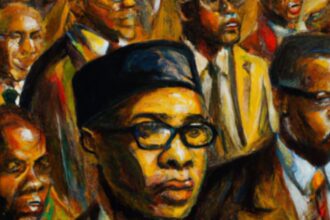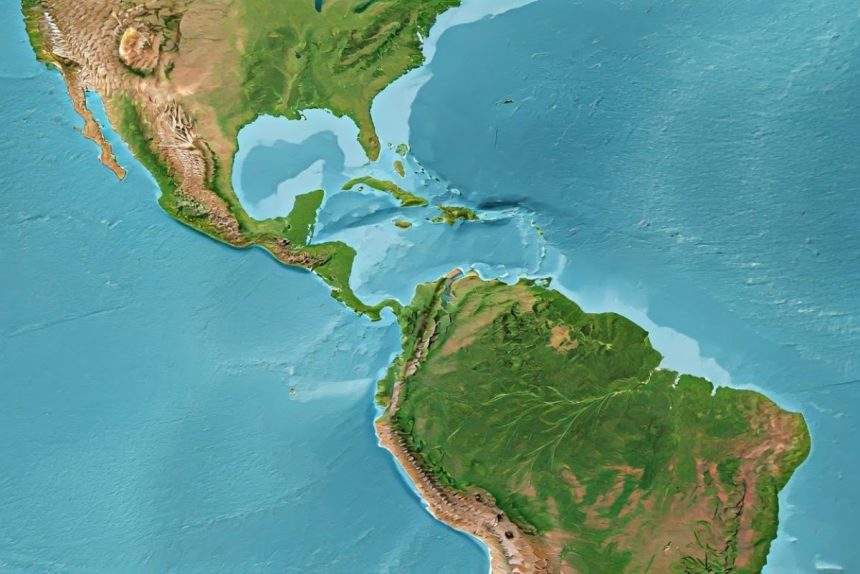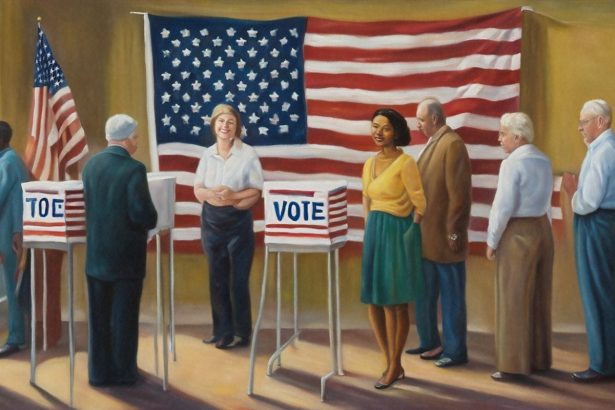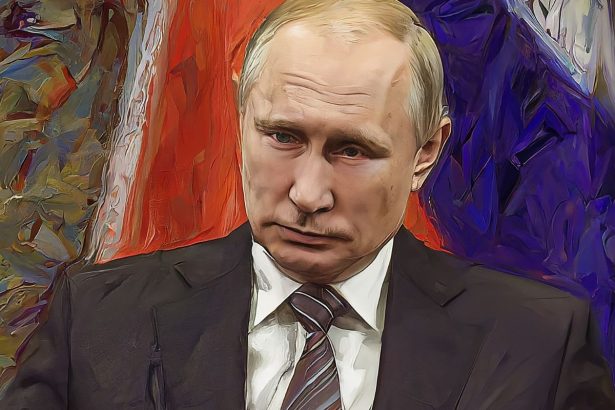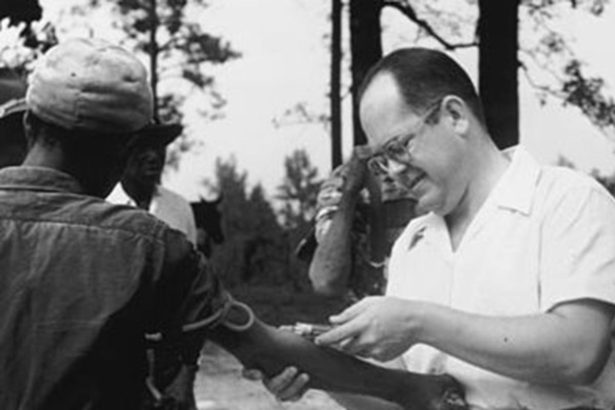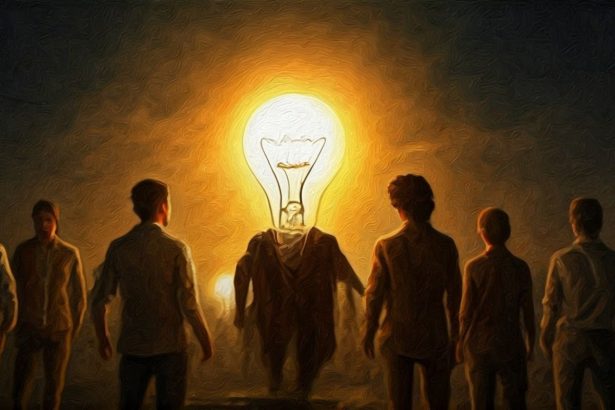Shop
State-Owned Enterprises like the South African Post Office Are Indispensable in Driving Job-Intensive Economic Growth, Sustainable Development and Self-Sufficiency
Mbasa Mvenene is a PhD candidate at Nelson Mandela University (Political Studies) and teaches Political Studies at Walter Sisulu University. He writes in his personal capacity.
Headlines
Most Read This Week
Top Writers

Elevate Your Understanding
Must Read
Buy black soap online: 5 Guides To unlocking Radiant Skin
Where to purchase authentic black soap
Philosophies of 29 Famous African American Leaders
Mind-Blowing Revelations from Black America's Greatest Minds. The Powerhouses of Black Thought
From Land Grabs to Your Dining Table: Global Food Industry | 5 Dark Sides.
The Echoes of Colonial Influence: The Hidden Cost of Your Daily Bread
Braiding Sweetgrass: Weaving Together Traditional Wisdom and Modern Challenges
In the Journey of Decolonization
US-backed Right Wing Military Coups in Latin America
A History of American Influence in Latin America
Gold Value Rising vs. Environmental Destruction
The Influence of Illegal Mining and How It Harms the Industry
Blood, Greed, and Tears: The Price of DR Congo’s Mineral Wealth
Truth Behind Africa's Forgotten War and Why It Still Matters Today
Rebel Forces Capture Crucial Mining Town in DR Congo
M23 Fighters Take Control of Strategic Coltan-Producing Town Amidst Tensions
Why IKEA Furniture’s Origin is a Global Concern : CO2 Reduction Goals vs Deforestation
Discover how IKEA's furniture origin story is linked to drastic forest mismanagement and deforestation leading…
THE COLONIAL STORY OF THE SCIENTIFIC METHOD
Western science has a complicated history, entangled in Imperialism and the drive for profit
Opinion
1 ArticleElection Tension 2024: Battleground States Prepare for Misinformation and Threats Amid Rising Concerns of Violence
As the U.S. election nears, officials in key states take unprecedented measures to counter disinformation, conspiracy theories, and threats that could undermine democracy.
10 Top Political Books of 2024
Insights on Global Events and Personal Journeys in Politics
Biden’s Apology for Native American Boarding Schools Interrupted by Protester Linking Genocides
How can you apologize for a genocide while committing a genocide in Palestine?
How Would Trump and Harris Supporters Respond to a Loss?
Comparing Acceptance, Resistance, and Future Outlooks Across Political Lines
The BRICS Currency Revolution: Putin’s Role in Challenging the Dollar
Exploring What a Unified BRICS Currency Could Mean for the U.S. Dollar
Tuskegee Syphilis Study: The Horrors African American Men Endured for Science
Inside The Story. The Power of Truth in Revealing America's Medical Racism
Microplastics Detected in Every Human Testicle. Study Raises Concerns Over Global Health Crisis
Researchers believe this discovery may be associated with the long-term drop in male sperm levels seen worldwide.
The Truth: Why Common Sense Isn’t So Common
How Biases, Education, and Modern Society Complicate Everyday Reasoning
10 Powerful Ideas to Reinvent Democracy for the 21st Century
Innovative reforms to build a democracy where every voice counts.
How People Power Can Reshape Governance
Discover how to reshape democracy to foster true people-powered governance. Learn key reforms for building a more inclusive, participatory, and equitable democratic system.
eBooks
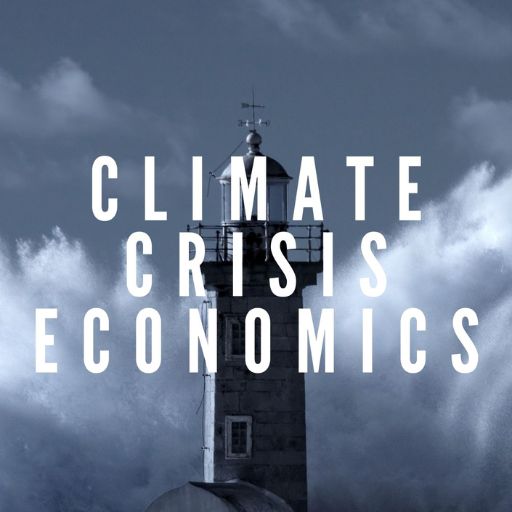
Climate Crisis Economics
Weaving together a number of solutions rather than just one.
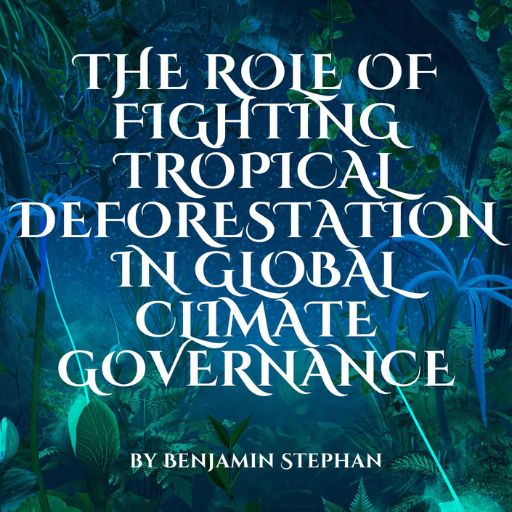
Fighting Tropical Deforestation
Sustainable management of forests and enhancement of forest carbon stocks

Keep Your Dirty Lights On
This ebook considers the social meanings of electricity as an energy technology that became adopted between the midnineteenth and early decades of the twentieth centuries.
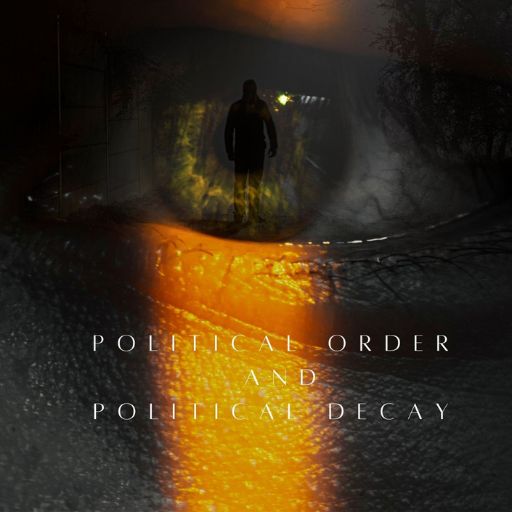
Political Order and Political Decay
Discusses about from the industial revolution to the developement of industries.











